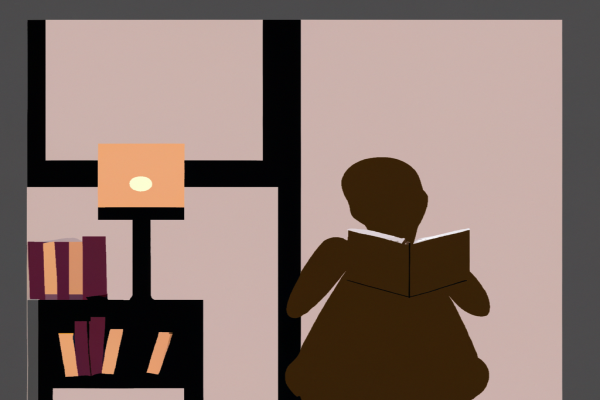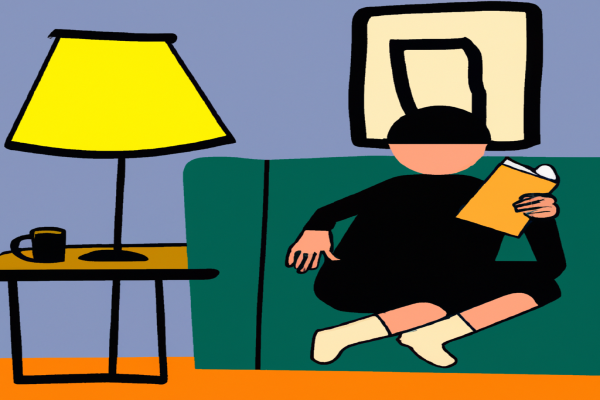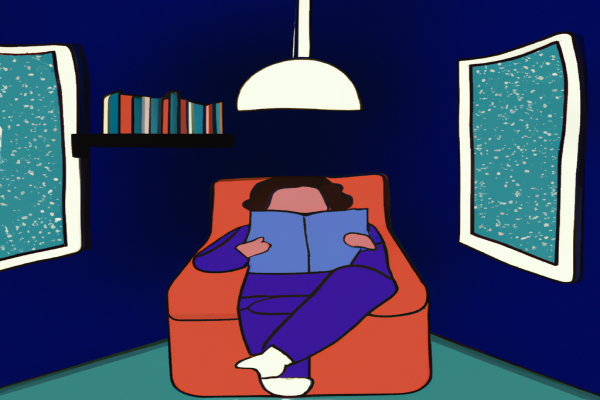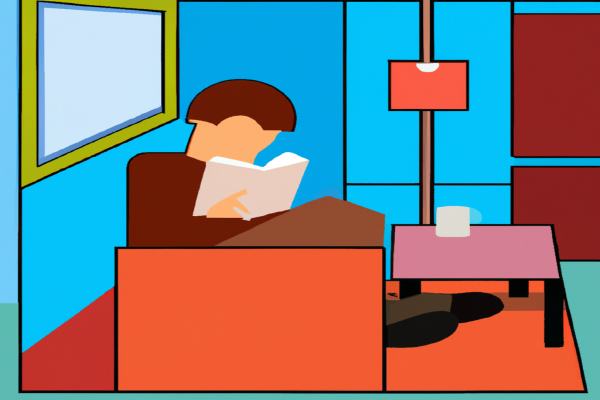Flowers for Algernon: Summary

Flowers for Algernon tells the story of Charlie Gordon, a mentally challenged man who undergoes an experimental surgery that increases his intelligence. Through a series of diary entries, we follow Charlie's journey as he learns more about the world, struggles to connect with those around him, and ultimately discovers the painful truth behind his newfound intelligence. As his intelligence fades away, Charlie is left with a greater understanding of what it means to be human.
Want to know more?
What is Flowers for Algernon about?
One of the key themes of Flowers for Algernon is the idea of intelligence and how it affects someone's life. The protagonist, Charlie Gordon, is given an experimental surgery that increases his intelligence exponentially, and he begins to experience a newfound appreciation for life. As he grows more intelligent, he finds himself facing both joy and sorrow as he struggles with the moral implications of his newfound knowledge. Another theme in the book is that of acceptance and belonging. As Charlie's intellect grows, he finds himself ostracized by those around him who do not understand what he is going through. At times, Charlie questions his own identity and value in a world filled with people who are different from him. The third major theme explored in Flowers for Algernon is that of control and fate. Throughout the story, Charlie grapples with his own mortality and lack of control over his life as he watches his newfound knowledge slowly fade away. He comes to the realization that no matter how much power one may have, there are still forces beyond our understanding that shape our lives.
Flowers for Algernon: Book Club Questions
- How does Charlie's intelligence affect the relationships he has with people in his life?
- What is Charlie’s understanding of the world around him before and after his operation?
- How do the other characters in the novel view Charlie before and after his operation?
- What are some of the moral implications of Charlie’s operation?
- How does Charlie’s character change throughout the novel?
- What is the significance of Algernon, the mouse, in the novel?
- How does the structure of the novel (with flashbacks, diary entries, etc.) contribute to its themes?
- What do you think is the central theme of Flowers for Algernon?
- How are friendship and love portrayed in this novel?
- In what ways does Flowers for Algernon still resonate with readers today?
What to say about Flowers for Algernon
- Flowers for Algernon offers a unique perspective on the value of intelligence and its impact on human relationships.
- The psychological complexity of Charlie's journey, from mentally disabled individual to genius and back again, is compellingly portrayed.
- The novel masterfully explores the ethical implications of scientific advancements in the field of intelligence enhancement.
- Keyes conveys Charlie's inner struggle between his intellectual desire for self-improvement and his emotional need for companionship with sensitivity and clarity.
- In Flowers for Algernon, Keyes successfully weaves together themes of identity, morality, and the power of friendship.
- The novel's narrative structure allows readers to engage with both Charlie's present reality and his retrospective reflections simultaneously.
- Keyes' use of linear plotting in the story gives it a feeling of immediacy and urgency that heightens the tension between Charlie's longing for acceptance and his fear of rejection.
- The characters in Flowers for Algernon are well-developed, each with their own motivations and complexities that add depth to the story arc.
- The development of language skills in relation to intelligence is effectively used as a theme throughout Flowers for Algernon, creating an interesting dichotomy between thought and communication.
- Keyes' use of imagery in Flowers for Algernon to parallel Charlie's mental state is both clever and effective in conveying his emotional journey to readers.
Top 5 Quotes from Flowers for Algernon
- "I said to myself, Charlie, you're not stupid. You're not stupid at all. You're smart as anyone."
- "I don't want to be a genius--I just do not want to be stupid."
- "Now it is quite true that I have some intelligence, more so than most people. But it is a small intelligence, a tiny intelligence."
- "But am I still me? It occurred to me that perhaps I might not be."
- "People don't like other people who are different and I know that better than anybody."
Adaptations of Flowers for Algernon
1. Charly (1968): This is a film adaptation starring Cliff Robertson, directed by Ralph Nelson. It won Robertson an Academy Award for Best Actor. 2. The Two Worlds of Charlie Gordon (1981): This is a television movie adaptation starring Bud Cort and Patricia Neal. 3. Flowers for Algernon (2000): This is a television movie adaptation starring Matthew Modine and Kelli Williams. 4. Algernon (2011): This is a theatrical adaptation created by the New Jersey Repertory Company that ran off-Broadway in 2011. 5. Flowers for Algernon: The Musical (2016): This is a musical adaptation of the story which premiered in 2016 at the Gallery Players in Brooklyn, NY. 6. Flowers For Algernon Podcast (2018): A podcast adaptation narrated by Daniel Keyes himself with original music composed by Jessica Dannheisser was released in 2018 by Audible Originals.
Other books by Daniel Keyes
- The Touch
- The Fifth Sally
- Algernon, Charlie and I: A Writer's Journey
- Psyche and Symbol: A Selection from the Writings of C. G. Jung
- The Minds of Billy Milligan
- Blessing in Disguise
- Nightmares and Dreamscapes
- The Last Good Kiss
- The Blackbird Singularity
Did you know?
The novel was first published in 1959 as a short story in The Magazine of Fantasy & Science Fiction, and was expanded into a full-length novel in 1966.




